
What You Should Know If You Often Take Daytime Naps
Do You Nap During the Day? Here’s What You Should Know
When you eat may matter just as much as what you eat.
According to new research, the timing of your breakfast could serve as a key indicator of your overall health — and might even predict how long you live.
A study published in Communications Medicine analyzed data from 2,945 adults in the U.K., aged 42 to 94, over more than 20 years.
Researchers examined participants’ eating habits and blood test results to uncover links between meal timing and long-term well-being.
The findings were striking:
People who ate breakfast late consistently showed higher rates of:
Fatigue and poor sleep quality 😴
Depression and mood issues 😔
Oral health problems 🦷
Difficulty preparing regular meals 🍳
Moreover, those who were genetically inclined to stay up late (the so-called “night owls”) tended to eat both breakfast and dinner later — and also had a higher mortality rate over the study period.
In short: the later you eat breakfast, the higher your health risks may be.
“Changes in meal timing — especially breakfast — could be a simple, trackable marker of overall health in older adults,” explains Dr. Hassan Dashti, nutrition and circadian biology specialist at Massachusetts General Hospital, and co-author of the study.
He emphasizes that maintaining consistent eating patterns might be a crucial part of healthy aging and even longevity.
Dashti and his team, including Dr. Altug Didikoglu from the Izmir Institute of Technology (Turkey), found that irregular or delayed meal times often reflect underlying physical or mental issues.
By simply tracking when someone eats, doctors might identify early signs of declining health — before serious problems develop.
With trends like intermittent fasting and time-restricted eating gaining popularity, this study serves as an important reminder:
Meal timing affects people differently depending on age.
For younger adults, skipping or delaying breakfast might not cause noticeable harm.
But for older adults, it could signal or even worsen health risks — from nutrient deficiencies to reduced metabolic resilience.
“As we age, our eating rhythms shift, but we still don’t fully understand how those changes affect longevity,” says Dashti.
“Our findings add evidence that breakfast matters not only for nutrition, but also because its timing is directly linked to overall health and mortality risk.

Your breakfast habits may say more about your health than you think.
An early, consistent breakfast might help stabilize your circadian rhythm, boost mood and energy, and even contribute to a longer, healthier life.
So next time you reach for that morning coffee — don’t delay your first bite too long.
Your body’s internal clock is paying attention ⏰💚

Do You Nap During the Day? Here’s What You Should Know

10 Habits Often Seen as Rude That May Reflect Intelligence

Understanding Moles on the Lip: Possible Causes and Concerns

Once Ignored, Now Celebrated: The Wild-Growing Vegetable Being Called a “Miracle Herb” for Health

Cats are curious, independent creatures—and while that’s part of their charm, it can also be the source of stress when one suddenly disappears.

When a lizard visits your house that’s a sign...

She Was Just Peeling a Boiled Egg… Until She Saw What Was Hidden Inside

When Your Parent Shows These 4 Signs, Emotional Preparation Matters

Here’s What That Little Pocket in Women’s Underwear Is Actually For

Regardless of How Much You Earn, Get Rid of These 4 Things Without Delay

That tiny pocket on your jeans has a surprising history you probably never knew.

Keep these 3 mindsets, and success will follow

Not all garlic is safe to buy—learn which cloves you should avoid at the market today.

She Di:ed From a Stroke and Came Back: What She Saw Will Sho:ck You

The meaning of a ring worn on the right hand is not widely known

Most people THROW IT AWAY — but this tiny metal ring on sausages is actually saving your health!

Do you know why there’s a small scar on the upper left arm and what it means?

Using an electric kettle daily? Here are 4 errors you should watch out for

If a millipede crawls indoors, don’t eliminate it immediately

If You Don’t Unplug These 5 Electrical Devices at Home, Your Electricity Bill Could Skyrocket!
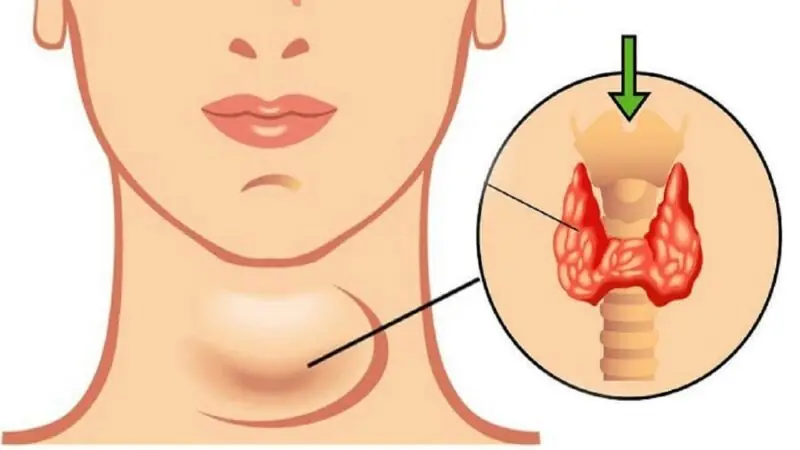
Stop Eating These Foods to Reduce the Risk of Thyroid Inflammation
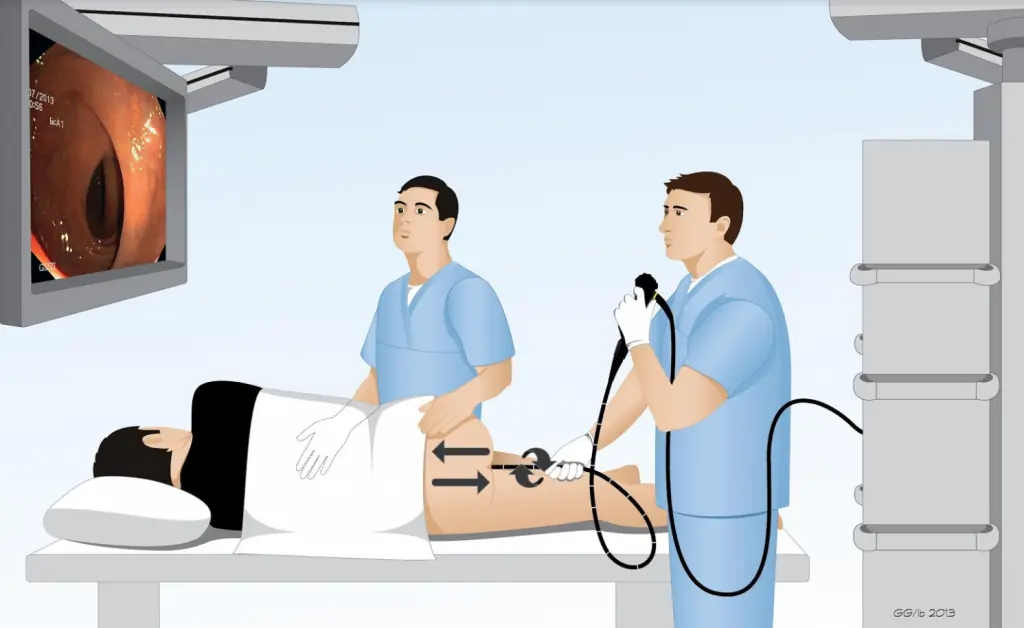
There’s one critical thing to clarify before your colonoscopy - don’t skip it
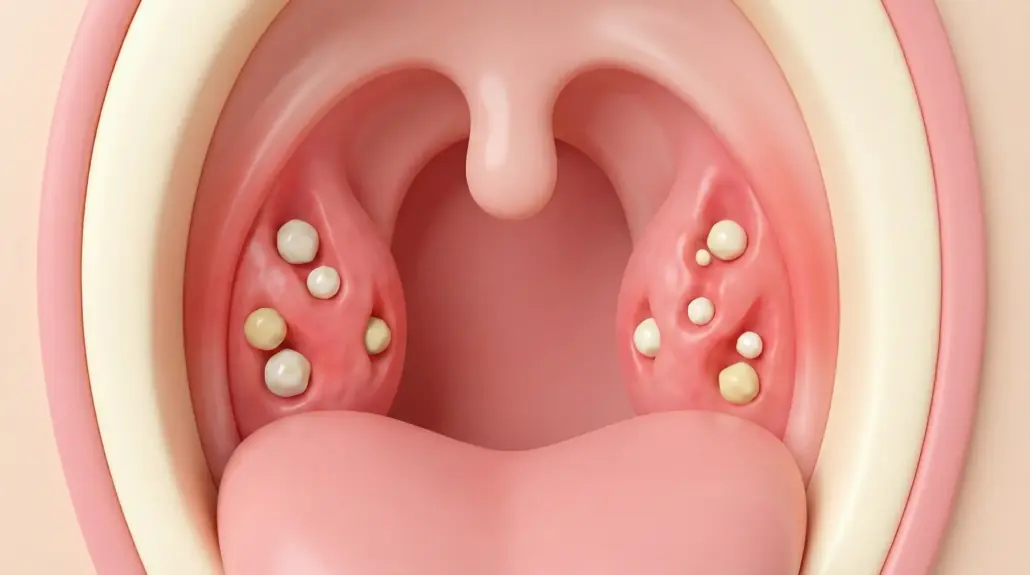
The Truth Behind Those Smelly “White Stones” in Your Mouth
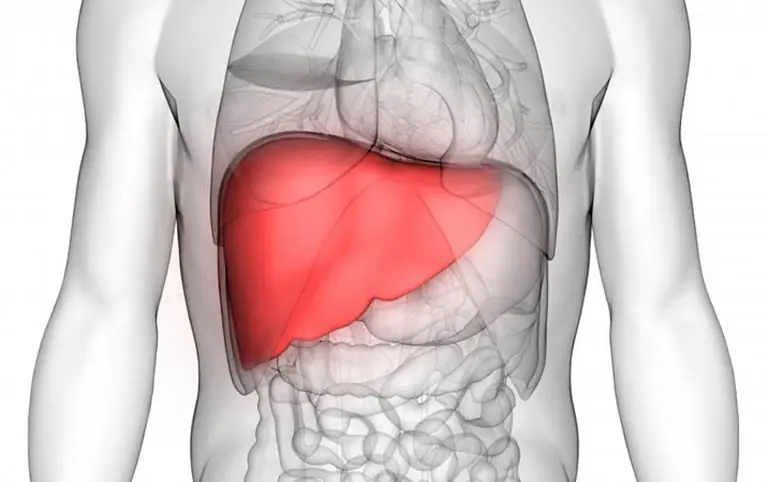
5 red flags that could signal advanced liver dis.ease

The top five golden foods that support a strong, healthy heart

Want a sharper memory? Adding an egg to your day might be a smart move

Medical Experts Share Insights on the Impact of Eating Okra

Waking Up With These 3 Nighttime Signs? Experts Say It’s Time for a Medical Checkup
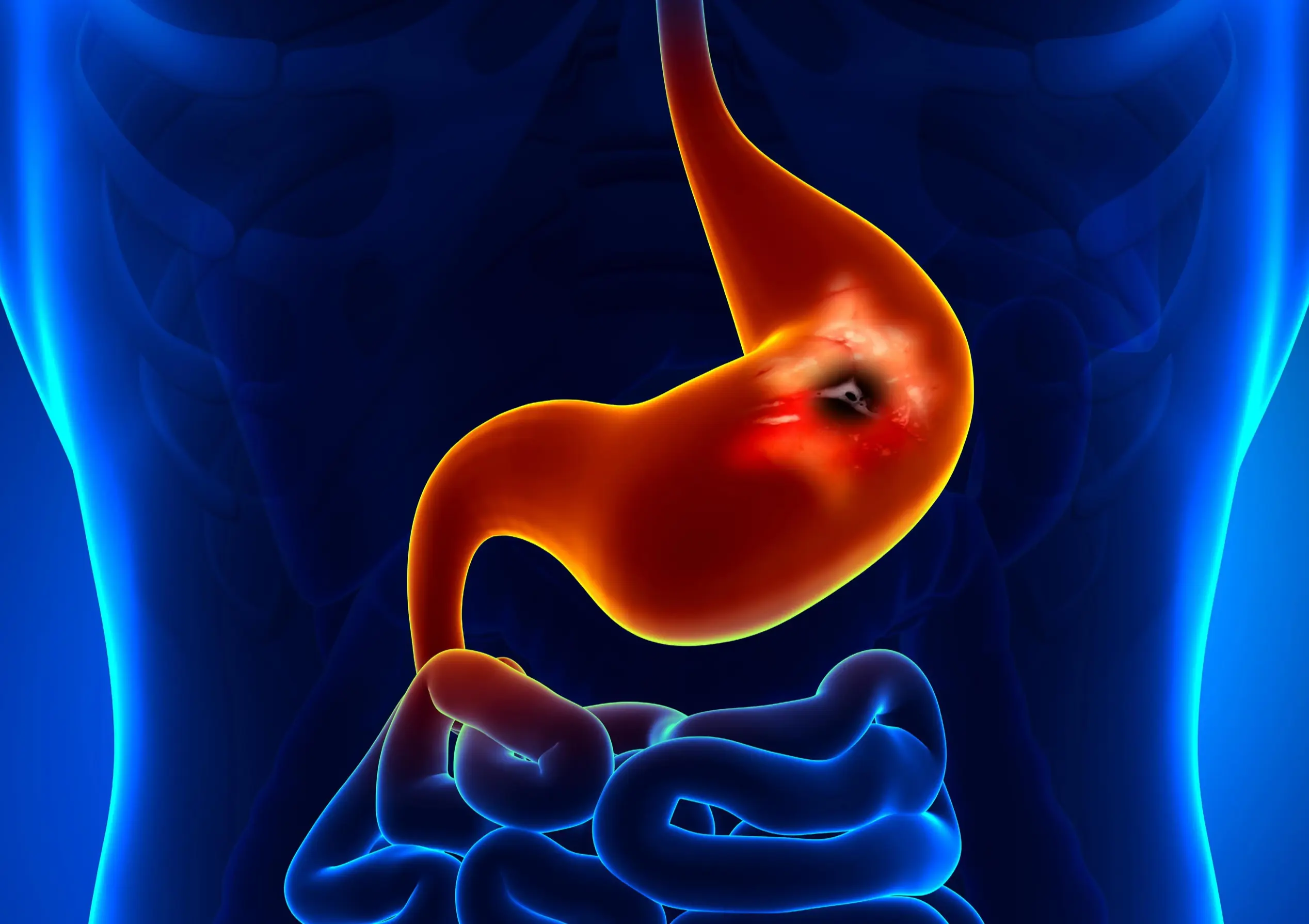
6 Subtle Symptoms of Stomach Cancer to Watch for Early

Think Pumpkin Seeds Are Always Healthy? Think Again

Do You Nap During the Day? Here’s What You Should Know
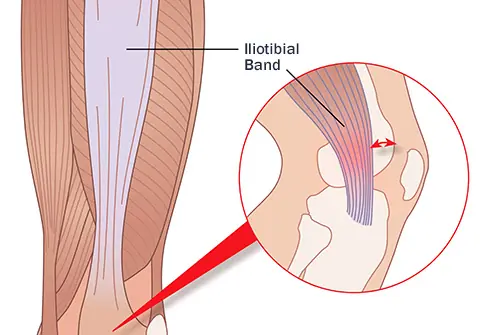
Posterior Knee Pain: When It May Indicate a Serious Condition

8 Landscaping Choices That May Encourage Snakes to Hide Nearby

The Truth About Tilapia: Is It as Healthy as You Think?

10 Habits Often Seen as Rude That May Reflect Intelligence

Are These Chicken Parts Safe to Eat? What Experts Say

Frequent Ringing in the Ears? Here’s What It Could Indicate

Understanding Moles on the Lip: Possible Causes and Concerns

Got a Large Spot on Your Skin? Here’s What You Should Know

Seeing Strange Bruises on Your Body? Read This First